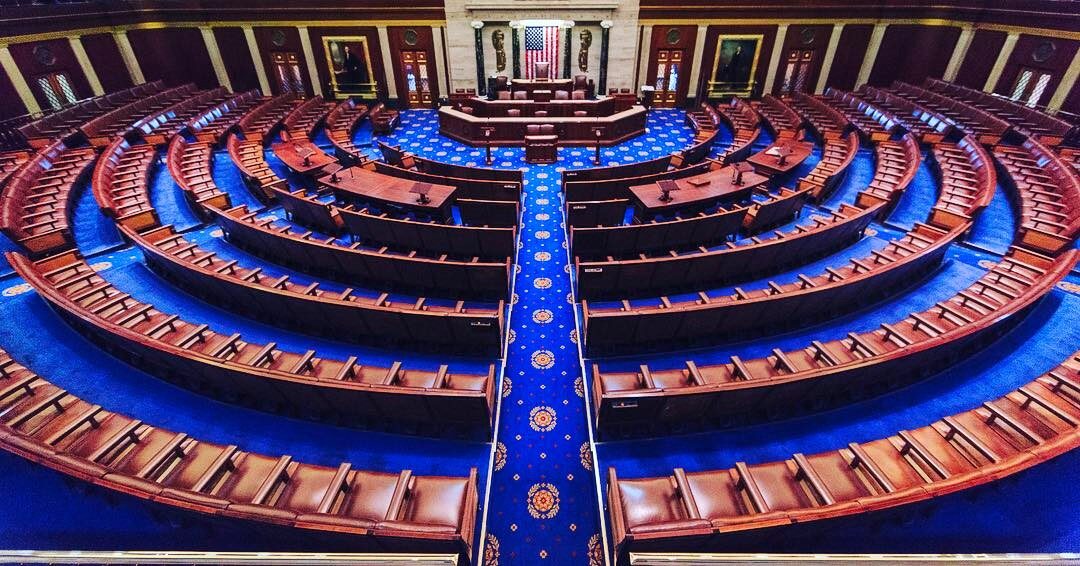Solar is about as rare as a sasquatch siting in North Dakota, with only 1.1 MW of total solar capacity installed to-date, according to the Energy Information Administration. The Solar Energy Industries Association (SEIA) estimates this to be a bit higher at 2 MW, which is equivalent to the electricity demand of under 150 homes.
About $3 million has been invested in solar in the state, said SEIA. Over the next five years, SEIA expects North Dakota to take its first real steps in solar adoption, adding 508 MW over that span. Most of the state’s renewable energy capacity comes from wind power, which provides 4.3 GW of capacity to the grid.
Incentives
State law requires investor-owned utilities to offer net metering to solar customers. Net metering involves crediting a customer bill for sending excess solar production to the grid.
In North Dakota, the rate is based on the “avoided cost” to the utility, a location and time-based calculation that generally results in a rate far lower than the retail rate paid by customers. Due to this, to avoid value losses, solar customers should size their systems to cover daytime energy usage or attach a battery to store solar production for nighttime usage.
Like many states, North Dakota offers a property tax exemption for solar, meaning it will not increase property taxes despite increasing the assessed value of a home. Like all states, North Dakotans can access the federal investment tax credit, which covers 30% of installed system costs. The tax credit has been extended through the next ten years, and now offers a direct pay option, making the benefit available to solar adopters that do not have a large tax appetite.
Residents of rural areas in North Dakota may be interested in the USDA Rural Energy for America Program (REAP) grants. Available to agricultural producers with at least 50 percent of their gross income coming from agricultural operations, and small businesses in eligible rural areas with populations less than 50,000, the program funds various renewable energy technologies, including solar.
The REAP program offers loan guarantees on loans up to 75 % of total eligible project costs, grants for up to 40% of total eligible project costs, and combined grant and loan guarantee funding up to 75% of total eligible project costs. REAP loans approved in Fiscal Year 2023 will receive an 80% loan guarantee. Grants are capped at $1 million for renewable energy and $500,000 for energy efficiency.
Notable project
A Tribal community in North Dakota accessed a $200,000 grant from the Tribal Solar Accelerated Fund to install a 50 kW rooftop solar array on a 65,000 square foot main campus building at Nueta Hidatsa Sahnish College.
The project was built in partnership with Lightspring Solar and Native Brothers, and participation from Mountrail-Williams Electric Cooperative. The project was motivated by a sustainability and environmental science program at the college.
“Not only is it just good sense business-wise and energy-wise for the college, it’s also got the education piece to it,” said Jennifer Jenecek-Hartman, vice president of campus services.
Wes Davis, Lightspring Solar project manager said this installation is just the beginning for North Dakota.
“The economic stimulus package from the Biden administration has given us the opportunity to build better infrastructure,” said Davis. “It opens up the door for homeowners, contractors and business owners to apply for these grants — and tribal governments.”
“I believe this year, 2023, is going to be a huge leap year for renewable energy on tribal nations. And I just want to be a part of that and I want to give back to my people,” he said.
Up next
Last time, pv magazine reviewed the state of solar in Ohio. Next, we will review the solar incentives made available in South Dakota.
This content is protected by copyright and may not be reused. If you want to cooperate with us and would like to reuse some of our content, please contact: editors@pv-magazine.com.









By submitting this form you agree to pv magazine using your data for the purposes of publishing your comment.
Your personal data will only be disclosed or otherwise transmitted to third parties for the purposes of spam filtering or if this is necessary for technical maintenance of the website. Any other transfer to third parties will not take place unless this is justified on the basis of applicable data protection regulations or if pv magazine is legally obliged to do so.
You may revoke this consent at any time with effect for the future, in which case your personal data will be deleted immediately. Otherwise, your data will be deleted if pv magazine has processed your request or the purpose of data storage is fulfilled.
Further information on data privacy can be found in our Data Protection Policy.